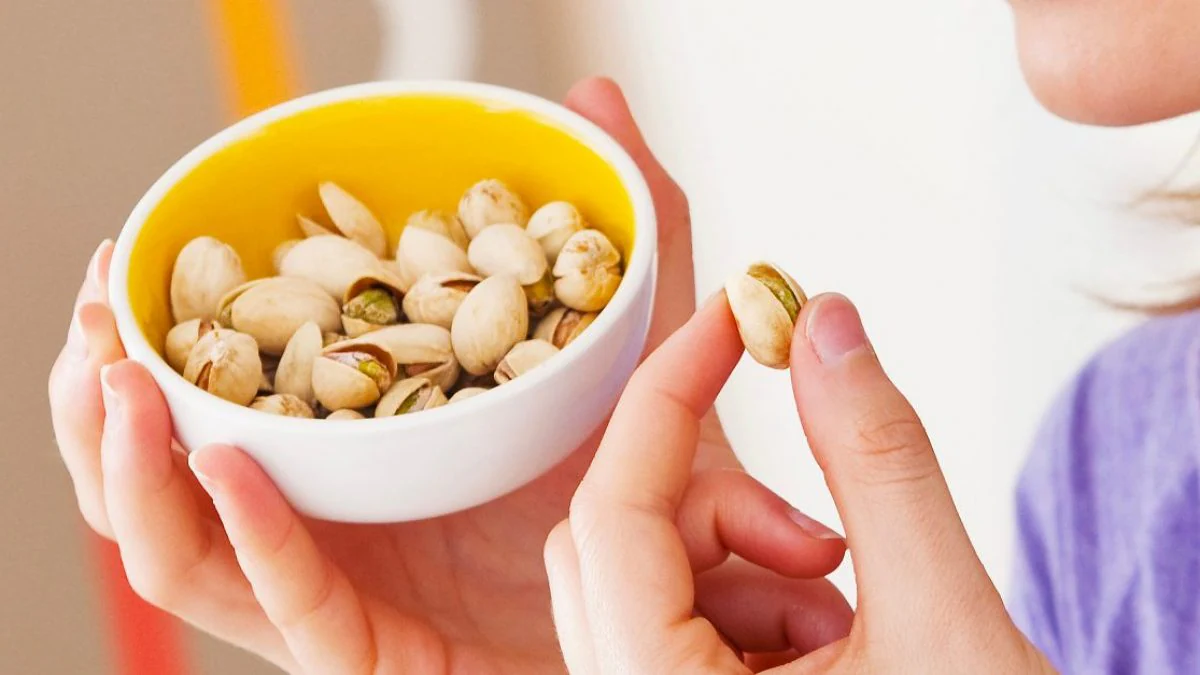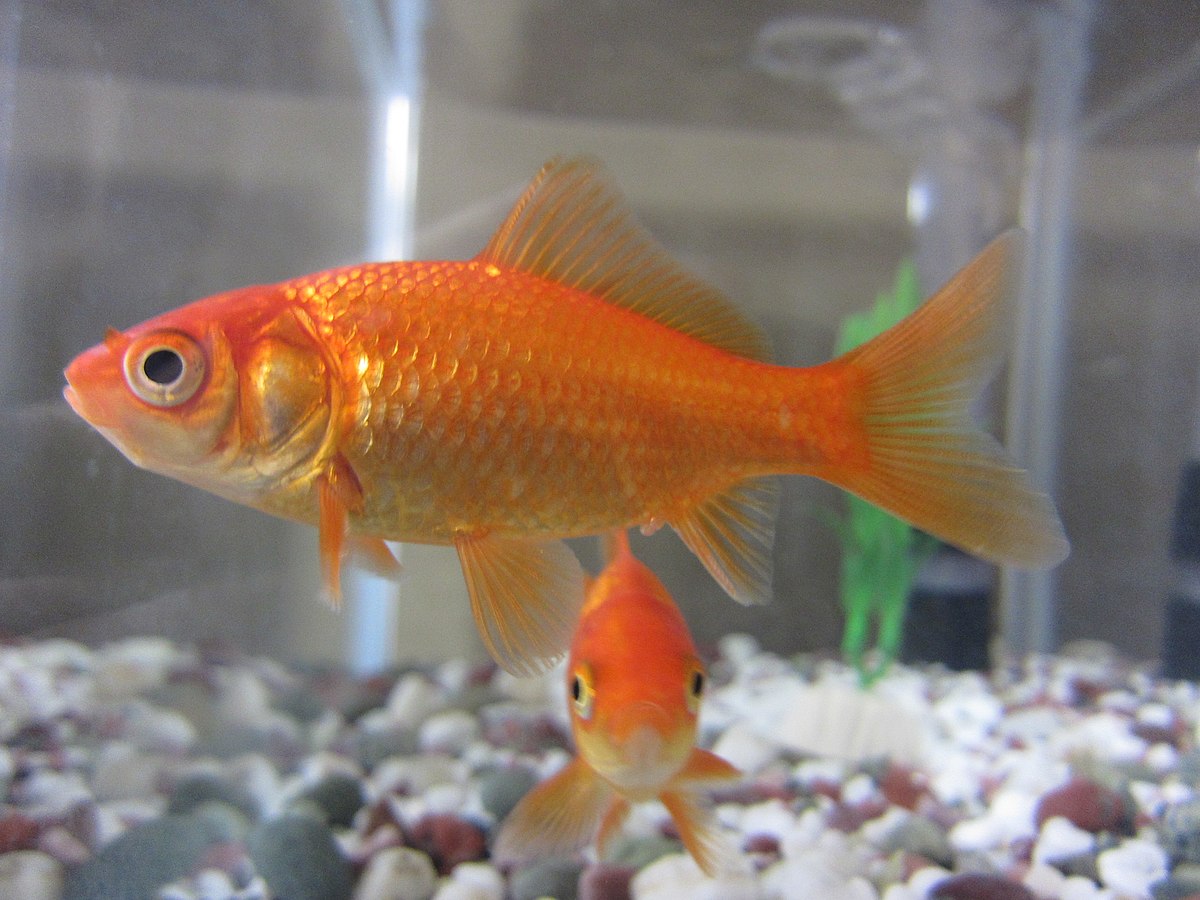Contents
Is It Healthy to Eat Pistachio Shells?
Pistachios are a popular snack enjoyed by many for their delicious taste and nutritional benefits. However, the question of whether it is healthy to eat the shells of pistachios has been a topic of debate among health enthusiasts and curious consumers alike. In this comprehensive article, we will explore the potential health implications, nutritional value, and safety concerns surrounding the consumption of pistachio shells.
Understanding Pistachio Shells
Pistachio shells are the hard, outer casings that protect the edible nut inside. They are typically discarded after the pistachio is removed and eaten. Pistachio shells are primarily composed of cellulose, hemicellulose, and lignin, which are structural components of plant cell walls.
Potential Health Benefits of Pistachio Shells
While pistachio shells are not commonly consumed, some research suggests that they may possess certain health benefits when ingested. Here are a few potential benefits:
1. Antioxidant Properties
Pistachio shells contain phenolic compounds, which are known for their antioxidant properties. These compounds may help neutralize free radicals and reduce oxidative stress in the body.
2. Anti-inflammatory Effects
Some studies have found that extracts from pistachio shells exhibit anti-inflammatory properties. This could potentially be beneficial for individuals with chronic inflammatory conditions.
3. Prebiotic Potential
The fiber content in pistachio shells may act as a prebiotic, promoting the growth of beneficial gut bacteria. A healthy gut microbiome is essential for overall well-being.
4. Potential Weight Management Benefits
The fiber in pistachio shells may contribute to feelings of fullness and satiety, potentially aiding in weight management. However, more research is needed to confirm this potential benefit.
Safety Concerns and Risks
While pistachio shells may possess some potential health benefits, there are also significant safety concerns and risks associated with their consumption:
1. Digestibility and Intestinal Blockage
Pistachio shells are not easily digestible by humans due to their high fiber content and tough, rigid structure. Consuming large amounts of pistachio shells can lead to intestinal blockages, which can cause severe abdominal pain, nausea, vomiting, and other gastrointestinal issues.
2. Dental Damage
Biting down on pistachio shells can cause damage to tooth enamel and fillings, potentially leading to cracks, chips, or other dental problems.
3. Choking Hazard
Pistachio shells, if swallowed whole, can pose a choking hazard, especially for children and older adults with swallowing difficulties.
4. Potential Toxicity
Some studies have suggested that pistachio shells may contain compounds that can be toxic to humans in large quantities. However, more research is needed to confirm the safety of consuming pistachio shells regularly.
Nutritional Value of Pistachio Nuts
While pistachio shells may have some potential health benefits, it is important to note that the edible pistachio nut itself is a nutritious food that provides a variety of essential nutrients. Pistachios are a good source of:
- Protein
- Fiber
- Healthy fats (monounsaturated and polyunsaturated fatty acids)
- Vitamins (vitamin B6, thiamin, vitamin K)
- Minerals (phosphorus, potassium, copper, manganese)
- Antioxidants (lutein and zeaxanthin)
Consuming pistachios in moderation as part of a balanced diet can provide numerous health benefits, such as improved heart health, better blood sugar control, and potential weight management benefits.
Table: Comparison of Pistachio Nuts and Shells
| Nutrient | Pistachio Nuts (per 1 oz) | Pistachio Shells (per 1 oz) |
|---|---|---|
| Calories | 159 | 11 |
| Total Fat | 13 g | 0 g |
| Protein | 6 g | 0 g |
| Fiber | 3 g | 5 g |
| Carbohydrates | 8 g | 3 g |
| Vitamin B6 | 0.5 mg | 0 mg |
| Thiamin | 0.1 mg | 0 mg |
| Phosphorus | 138 mg | 0 mg |
| Potassium | 291 mg | 0 mg |
Frequently Asked Questions (FAQ)
1. Can pistachio shells be eaten?
While pistachio shells are not commonly consumed, they can be eaten in small quantities. However, it is important to be aware of the potential risks and safety concerns associated with their consumption.
2. Are pistachio shells digestible?
No, pistachio shells are not easily digestible by humans due to their high fiber content and tough, rigid structure. Consuming large amounts can lead to intestinal blockages and other gastrointestinal issues.
3. What are the benefits of eating pistachio shells?
Some potential benefits of eating pistachio shells include their antioxidant properties, anti-inflammatory effects, prebiotic potential, and possible weight management benefits. However, more research is needed to confirm these benefits.
4. Are pistachio shells toxic?
Some studies have suggested that pistachio shells may contain compounds that can be toxic to humans in large quantities. However, more research is needed to confirm the safety of consuming pistachio shells regularly.
5. What are the nutritional benefits of eating pistachios?
Pistachios are a nutritious food that provides a variety of essential nutrients, such as protein, fiber, healthy fats, vitamins, and minerals. Consuming pistachios in moderation as part of a balanced diet can provide numerous health benefits, such as improved heart health, better blood sugar control, and potential weight management benefits.
Conclusion
While pistachio shells may possess some potential health benefits, the risks associated with their consumption outweigh the potential advantages. Pistachio shells are not easily digestible and can pose serious health risks, such as intestinal blockages, dental damage, and choking hazards. Instead of consuming pistachio shells, it is recommended to focus on enjoying the nutritious pistachio nut itself as part of a balanced diet. By doing so, you can reap the numerous health benefits that pistachios have to offer without compromising your safety or well-being.For more information on the nutritional value and health benefits of pistachios, you can refer to the USDA’s FoodData Central here.










